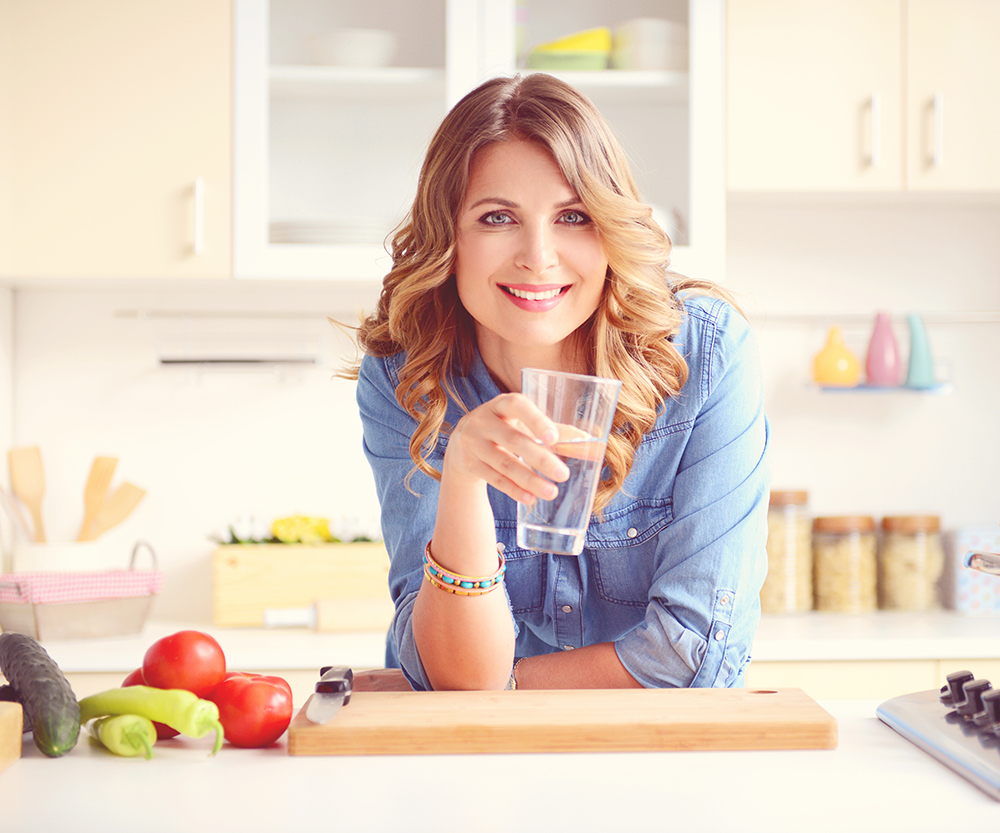Feeling tired all the time? Yes, you’re probably extremely busy and have a lot on your plate, but there may be another reason – you could be low in iron. It’s a mineral essential for good health and wellbeing. Read on to find out the main role of iron in the body and whether you’re at risk of iron deficiency.
Who’s affected by iron deficiency
Iron deficiency mainly affects women and children. Kids and teenagers go through spurts of rapid growth, which require a great deal of iron.
Women of child-bearing age who are not pregnant can suffer from iron deficiency anaemia with blood loss from heavy periods.
The iron stores of pregnant women have to serve the increased blood volume of the mother, as well as the needs of the growing baby.
Iron is an oxygen carrier
Every cell in your body needs oxygen. There is iron in the haemoglobin of red blood cells and it carries oxygen from your lungs to the rest of your body.
Iron is involved in making energy
Iron is essential for the body’s chemical reactions that produce energy from food.
Iron is an immunity booster
Cells that fight infection rely on having enough iron. If iron stores are low, your body is more prone to infection.

Iron is essential for keeping up energy levels. Image: Getty
What to do
If you think you’re suffering from iron deficiency anaemia, see your GP for advice. To maintain healthy iron levels in your system, it’s important to consume enough iron in your diet or take some form of iron supplement.
Iron-rich food
A diet that includes lean red meat has long been recognised as a way of boosting iron. Industry organisation NZ Beef + Lamb is behind World Iron Awareness Week (August 26 to September 1). You can find out more about iron deficiency and the benefits of eating meat at ironweek.co.nz.
What if you prefer a plant-based diet?
Philip McKibbin from the NZ Vegetarian Society says anyone who suspects they have an iron deficiency should consult their doctor.
“Vegetarians who eat a varied, well-balanced diet aren’t any more at risk of iron deficiency than non-vegetarians,” he explains.
To make sure you get enough iron, include leafy greens (like spinach), edamame, dry beans, tofu, tempeh, whole grains and seeds (especially pumpkin seeds), in your diet. Eating iron-rich foods, along with those that contain vitamin C (such as fruits and capsicum) helps your body absorb the mineral – and it’s a good idea to avoid tea and coffee with meals as these can hinder iron absorption.
Did you know?
7% of Kiwi women and 1% of Kiwi men have an iron deficiency, according to health insurer Southern Cross
Signs you may be anaemic
Symptoms appear gradually and may include:
Fatigue
Weakness
Pale skin, gums and nail beds
Reduced ability to fight infection
Difficulty concentrating
Headaches
Shortness of breath when exercising
Angina


